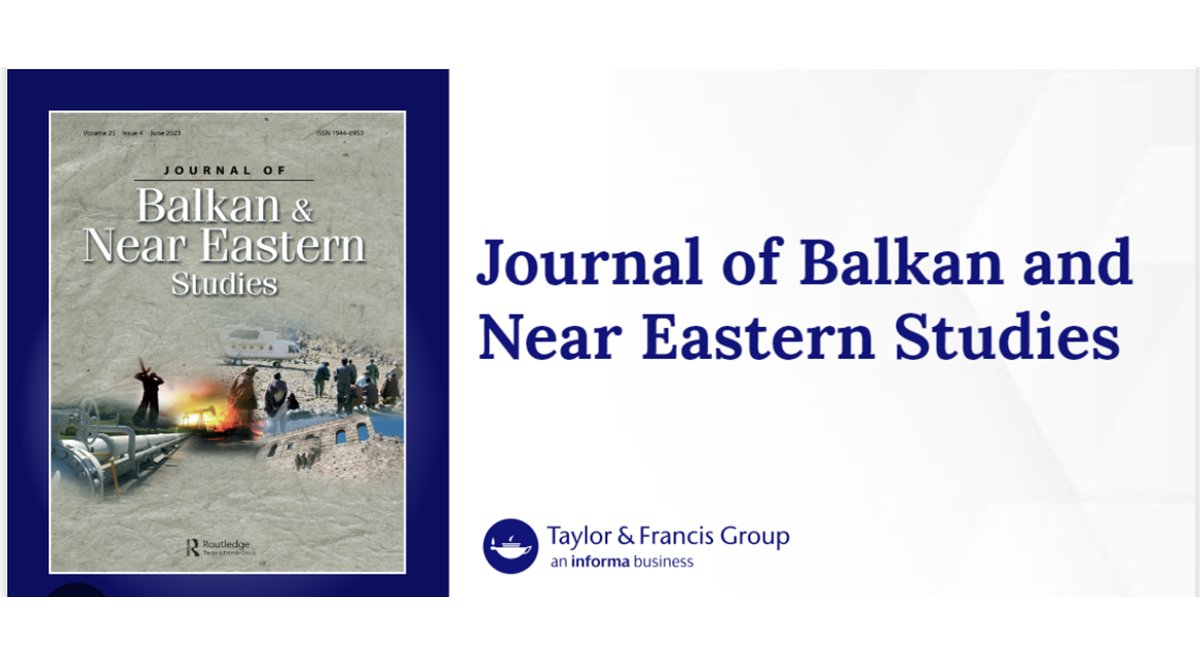


Our faculty member in the Department of Political Science and International Relations, Assist. Prof. Ahmet Yusuf Özdemir, published his article titled “Migration, Mobility and War: A Transnational Analysis of Diaspora Volunteering in Internal Conflicts” in the Journal of Balkan and Near Eastern Studies. Özdemir’s work deeply examines the impact of diaspora communities on war volunteering, the mobilization processes, and the challenges they face when traveling to conflict zones. The article offers a new perspective on understanding how diaspora communities intervene in conflicts and the dynamics behind these processes.
Özdemir’s article goes beyond the typical analysis of transnational war volunteering, which usually focuses on individual motivations and security threats. It discusses how strong ties that diaspora communities maintain with their homelands, along with previously established cultural, linguistic, and social connections, enable volunteers to mobilize quickly to conflict zones. Using case studies from Kosovo, Karabakh, and Abkhazia, the article explores how pre-conflict roots and the strengthening of these ties over time influence volunteer mobilization and their roles in the conflict areas.
Özdemir emphasizes that diaspora volunteering should not be seen only through the lens of security and crime but should also be understood as a more complex issue involving solidarity, belonging, and identity. It also highlights how volunteers face linguistic, cultural, and regional differences that often turn their experience in the conflict zones into a challenging one.
Özdemir’s study, while analyzing transnational war volunteering, reveals not only the physical aspects of war but also its social, cultural, and psychological dimensions. In doing so, it contributes to a broader understanding of the relationship between war and diaspora volunteering.
Please click here to access the article.